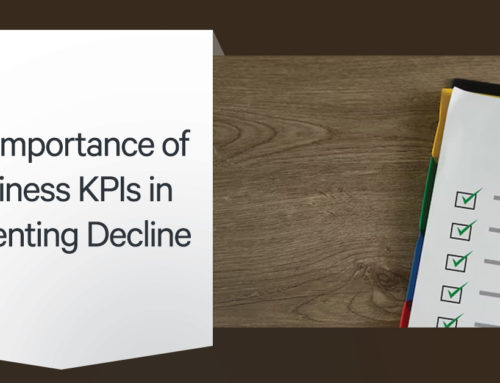What is deprivation of capital? This is where an individual reduces their capital on purpose (or transfers that capital to someone else like a friend or family member) with the intention of being eligible for benefits that they wouldn’t be eligible for otherwise. Having less capital increases the scope and scale of benefits that are available to claim.
There is no textbook definition of capital when it comes to being able to claim state benefits. Generally, it includes any one-time payments, investments, property, savings and also land, plus any other assets the individual may have.
It’s important if you are claiming benefits that you try not to buy things that would be considered a deprivation of capital as this can have a negative impact on what you claim. So, what can you buy that isn’t going to result in deprivation of capital? The below article will discuss this in more detail.
What Won’t Result in Deprivation of Capital?
There is a guidance manual which provides an assessment of capital. Here, it states that the following situations are not going to be considered enough to result in a deprivation of capital.
There will be no deprivation of capital if the individual has transferred or sold some of their capital with the intention of:
- Returning or reducing debt that they currently owe (this could be what they owe to an individual, a bank or to the state)
- Make or contribute towards outstanding credit card payments
- Pay for a mortgage
- Make payments for day-to-day expenses
- Make contributions towards improving their quality of life (such as purchasing a new car or rebuilding a kitchen)
- Go on holiday
- Improve their health by paying for different medical expenses
Alternatively, if local councils are able to make a claim that there has been a deliberate reduction made in any way after an individual has claimed benefits, then they will be held personally responsible for that deprivation of capital, which in turn makes it notion capital. Examples include:
- Residential premises (other than the one that the claimant currently lives in)
- Capital under the care of somebody else
- Different instalments or bulk payments of income
- Compensation payments
- Arrears of payment
- Any capital which isn’t held within the UK
- Business assets
- Companies or trusts that are owned by the Claimant
Does Deprivation of Capital Affect Your Housing Benefit?
Deprivation of capital is going to directly lead to the capital being considered as notion capital, which essentially means that the capital which was earlier excluded from the original means test isn’t going to be accounted for. By doing this, it can reduce (and in some instances exclude) the benefits claim that individuals make once that deprivation has been proven.
If you are looking to claim housing benefit (which was recently replaced by Universal Credit), if you live in supported housing or in a sheltered house, and if you are above state-pension age then you could be eligible. The criteria also states that claimants need to either be unemployed or on a low income or have low savings. That being said, housing benefit doesn’t cover the costs of food, heating, heating costs or energy.
How Is Capital Considered for Means-Tested Benefits?
When a benefits claim is made then the capital of both partners and spouses is taken into account during the financial assessment. The capital of any dependent children is not taken into account.
If you have capital which is worth less than £6000 then you will not have any benefit claims affected; however, as that capital amount steadily increases, so too do the benefits claims gradually get affected. This happens where for every £250, an income of £1 is then assumed, which in turn will reduce the benefits that the individual is able to claim.
This isn’t the case with universal credit. With universal credit, the amount is instead £4.35 per £250. When it comes to pension credit, it’s the first £10,000 which is ignored, not the first £6000. Once that capital starts to increase, an individual will be deemed to have an income of £1 for every £500.
Once an upper limit of £16,000 is achieved, benefits will be no longer applicable.
Does Your Home Form Part of Your Capital?
Yes, your home is considered one of the most important parts of your capital when local councils begin budgeting in order to ascertain the amount that the country should contribute towards your benefits. As such, the residential property which is owned by an individual is considered capital; however, if the owner is in a care home facility and the house is occupied by any of the following, then it will not be accounted for as part of the means test:
- Spouse / civil partner / unmarried partner
- Any close relative who is over the age of 60 years old
- Any close relative who is under the age of 16 years old (a legal dependant)
- A former spouse or partner if they are currently a single parent
Ignoring property as part of capital if it meets one of the above criteria is known as property disregard.






